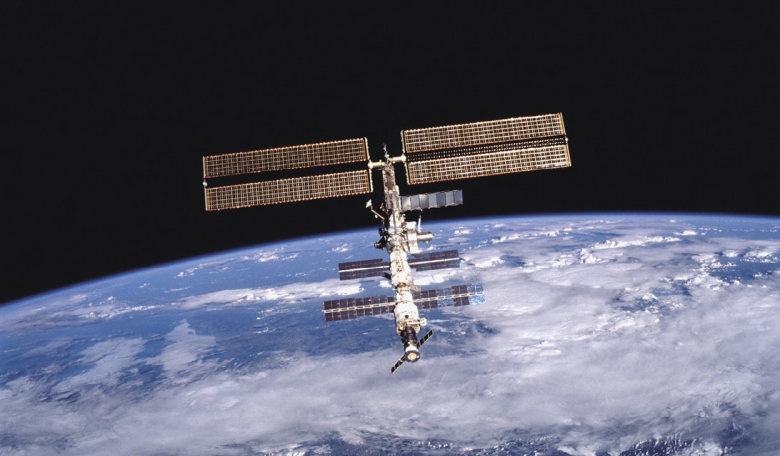
[ad_1]
A recent report from Russian manufacturer RSC Energia, the main developer and contractor of the Russian manned space flight program, indicates that a number of elements on board the International Space Station are on the verge of catastrophic failure. The damage has become so severe that it will become too costly to repair and, as such, Russia should instead focus on completing its own orbital station, said Vladimir Alekseevich Soloviev, flight director of the Russian segment of the ‘ISS.
“Until 2025, Russia has an obligation to participate in the International Space Station program. There are already a number of items that are severely affected by the damage and are out of service. Many of them are not replaceable. After 2025, we expect an avalanche failure of many elements on board the ISS, ”said Soloviev, who is also the first deputy general designer of flight operations at Energia.
The comments were made by Soloviev during a meeting of the Council of the Russian Academy of Sciences on Space, which took place on November 25, 2020 and was reported by Scientific Russia on their website.
Among the participants were the president of the Russian Academy of Sciences and chairman of the meeting, Alexander Mikhailovich Sergeev, former director of the Institute for Space Research of the Russian Academy of Sciences (IKI RAS), Lev Matveyevich Zeleny, vice- President of the Russian Academy of Sciences Yuri Balega and Director of the Russian Scientific Center on Rockets and Spacecraft, TsNIIMASH, Alexander Milkovskii.
During the discussion, the flight director also noted that estimates for solving the problems aboard the ISS would amount to around 10-15 billion rubles, a cost deemed “too high” by RSC Energia.
Instead, Soloviev said, it is necessary “to revise the conditions for further participation in the program” and to focus on the implementation of the Russian Orbital Service Station (ROSS), currently under development at RSC Energia.
ROSS is expected to consist of three to seven modules that can be performed automatically or with a crew of two to four. As the modules can be replaced, this would mean that the station has an unlimited lifespan. ROSS is slated to roll out sometime after 2024, but no exact date has been mentioned.
Soloviev’s damning comments were quickly circulated by Russian media as an indirect suggestion by the flight director that RSC Energia wanted to end countries’ participation in the International Space Station program.
The Roscosmos press service then gave up on that, which was forced to officially reject the information hours after the information hit the main Russian media.
The quote from RSC Energia’s first deputy flight operations general designer Vladimir Solovyov “contradicts reality,” said Roscosmos’ official rebuttal, adding that his comments were “of an informative nature and did not contain proposals to end participation in the ISS.
The rebuttal went on to say that the operational lifespan of the ISS “depends on both technical and political issues discussed with partners.” Either way, Roscosmos said, the agency plans to start consultations with NASA and other partners on these topics early next year.
Interestingly, Roscosmos’ rebuttal did not deny Solovyov’s comments about the ISS’s apparent ruin.
Instead, the space agency’s press service reaffirmed that Roscosmos is awaiting proposals and an engineering note from RSC Energia on the new multifunctional orbital station. After examination by the Scientific and Technical Council of Roscosmos, the project will then be discussed with the government, indicates the rebuttal.
The ISS has been in the throes of a continuous air leak this year and had to move three times in 2020 just to avoid debris. However, last year NASA said it was considering allowing two short-lived private astronaut missions per year to the space station to boost the economy outside the world; the US agency has even published detailed guidelines for private companies wishing to apply for the use of the ISS. These can be read here.
[ad_2]
Source link